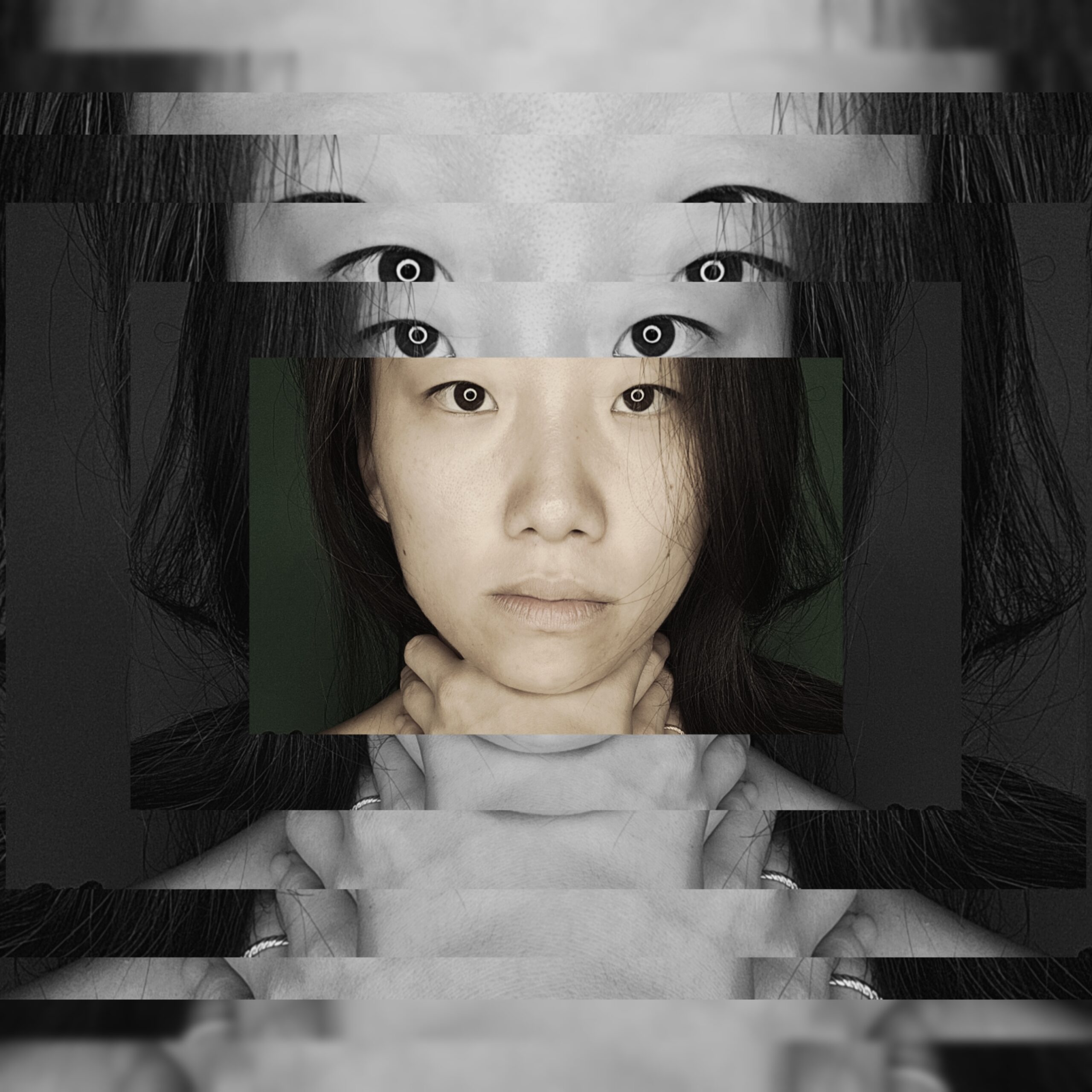[This is an old journal entry written on 22nd June 2020]
Before bed, a revelation hit me: silence spikes my anxiety.
This realisation took me back to my childhood, cautiously tiptoeing around my father, filled with anxiety about when the next outburst would occur if I had somehow upset or disappointed him. His silent treatment wasn’t just a personal burden; it cast a shadow of tension over the entire family, a prelude to the inevitable outburst over trivial matters. In these moments of charged silence, my anxiety would escalate, bracing for an unforeseen threat.
Anger towards my father, whether for his treatment of me or my mother, was always met with the same directive from her: hold it in, don’t make it worse. Yet, I’ve always been headstrong, not one to shy away from conflict for fear of getting caught in the crossfire, but it was about protecting Mum from becoming his emotional and physical punching bag. Mum’s reasoning, which I fiercely debated, was rooted in the belief that “you don’t talk back to your parents, no matter what.”
So, I swallowed my feelings.
It felt like needing to throw up to relieve sickness but being forced to hold it in because it was the ‘right thing to do,’ to keep it from becoming someone else’s problem. Does that make it right? I was coerced into silence by circumstances that made no sense, with no room to push back.
I strongly suspect that my mother’s enduring health issues, characterized by severe vertigo attacks that doctors can’t diagnose, stem from a lifetime of repressed anger. She has always avoided conflict, a trait likely heightened by fear due to my father’s abuse. But I think it goes beyond just fear of conflict with him.
Growing up in a traditional Korean household where daughters were less valued than sons, my mother must have felt like a burden. Watching her brothers go off to school while she stayed behind to help on the farm and doing household chores. Her early departure from home to continue her education under the guise of living with her married sister was a stark reminder of her father’s belief that “women don’t need education.”
These experiences undoubtedly contributed to her low self-esteem, further compounded by an arranged marriage. Her voice, her desires, and her needs were systematically silenced, leaving her with no platform to express herself. This lifelong suppression of her voice and emotions often manifested in disproportionate anger towards us, her children, during my teenage years, leaving me bewildered and asking, “Where is this coming from?”.
It’s clear now that I had adopted the same coping mechanism — silence. This pattern, learned from what I saw growing up, taught me subconsciously that anger was not permissible. I learned to understand the other person, to ignore my internal grief and sadness from being hurt. Essentially, I learned to silence not just my grievances but my voice altogether.
And I feel compassion for Dad as well. He isn’t a bad person at his core; he’s taught me many valuable lessons, and I love him for that. He’s simply wounded and lacks awareness of how to process his emotions, often resorting to familiar yet unproductive behaviors. By externalising his internal turmoil instead of introspecting, he’s become trapped in a repetitive cycle.
Interestingly, I see in him the same kind of rage that I recognise in myself – emotional neglect. But that’s a topic for another day.
So, where do I go from here?
I understand now why we are the way we are and how suppressing my voice goes against my very nature. Otherwise, why would such deep anger and rage build up within me, creating such internal turbulence?
Pain and anger are potent teachers, revealing truths either through their suppression, which forces us against our values, or through experiences that disrespect those values.
To uncover the emotions I’ve been avoiding subconsciously, and to understand their roots, I’ll challenge myself. The next timeengulfed in silence, I’m determined to break through it and speak up. Confronting these issues head-on is the only path to the clarity and understanding I yearn for.
